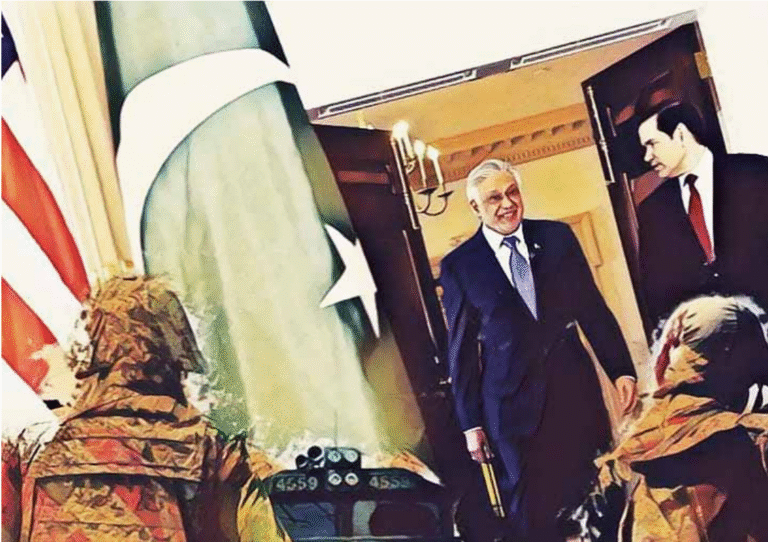PUBLISHED
August 17, 2025
KARACHI:
Just days before President Donald Trump’s inauguration for the second term, a senior Pakistani diplomat briefed a group of people including experts and journalists in Islamabad. His focus was on the Pakistan-US relationship under Trump’s administration. The bottom line was: Pakistan should be prepared for a tough challenge.
According to the diplomat, Trump’s team was surrounded by people who had little sympathy for Pakistan. Experts and those who understand Trump as well as the nature of Pakistan-US ties echoed similar sentiments. There was consensus that despite the unpredictable nature of Trump, there was little or no room for better prospects of Pakistan-US ties. On the contrary, everyone agreed that the relationship between the US and India would only deepen under President Trump’s second term.
But when President Trump delivered a maiden address to the US Congress, he praised Pakistan. This was some achievement given that until then he spared no one. He launched a diatribe both against friends and foes. Pakistan was the only exception, which Trump mentioned in a positive way.
His praise stemmed from Pakistan’s assistance in arresting one of the key masterminds of the Abbey Gate bombing in Kabul in August 2021. Muhammad Sharifullah, one of the ISIS-Khorasan operatives and according to the US was one of the facilitators of Kabul Airport attack, was apprehended on the intelligence provided by the CIA and swiftly handed over to the US.
That cooperation not only earned Pakistan praise from Trump but also opened a channel of communication that would eventually lead to Field Marshal Syed Asim Munir being invited to launch at the White House in an unprecedented turn of events.
When Trump applauded Pakistan at the US Congress, people were still sceptical that this bonhomie would be short-lived as Trump cannot be trusted. Questions were raised about what Pakistan had offered or was going to offer to the US in return for this cozying up approach of the US? Many people also wonder whether Pakistan would get anything in return. But what happened over the past few weeks following high-level exchanges and frequent interactions between the two countries was that Trump’s praise was not mere rhetoric but now reflecting a shift in the US policy.
The substantive outcome of Pakistan helping Trump to advance his domestic agenda by arresting Abbey Gate bombing facilitator was the US State Department’s move to declare Balochistan Liberation Army and its suicide squad Majeed Brigade as terrorist outfit. The designation of BLA and the Majeed Brigade, as Foreign Terrorist Organisations (FTO), was a major victory for Pakistan.
Islamabad had long sought its listing but with little success. The US declared Tehreek-e-Taliban Pakistan (TTP) as a terrorist outfit but successive US administrations refrained from taking a similar stance against groups active in Balochistan. One of the reasons included that such groups including BLA and Majeed Brigade were targeting not just the Pakistani interests but also primarily the Chinese interests in the resource-rich Balochistan province.
This in many ways probably served the agendas of those who don’t want China’s Belt and Road Initiative (BRI) to succeed. That was the reason the US decision was extraordinary.
The United States not only listed BLA and Majeed Brigade but also seems to be ready to extend cooperation to Pakistan to fight them. The two countries held counterterrorism dialogue, a regular feature, in Islamabad recently. The noticeable change was that for the first time BLA made it to the joint statement.
Both delegations underscored the “critical importance” of developing effective approaches to terrorist threats, singling out the BLA alongside transnational outfits. Washington lauded Islamabad’s “continued successes” in containing entities that threaten regional and global peace. Therefore, listing of BLA and Majeed Brigade is a development that carries legal, political, diplomatic, and operational implications for Pakistan, the US, and even India.
First, any BLA or Majeed Brigade funds or property in the US jurisdiction are now frozen. Members and affiliates are barred from entering the US. Providing material support to the group is now a serious US federal crime, even for individuals outside the US if they have US connections. The designation makes it harder for BLA to raise funds internationally through charities, front companies, or sympathetic diaspora groups.
The FTO tag makes it riskier for members to travel abroad or seek asylum in countries aligned with US counterterrorism policies. The US can now more actively share intelligence with Pakistan and allies to track, disrupt, or eliminate the group’s cells. Diaspora-based sympathisers in the West could face monitoring and prosecution. If BLA finds safe havens in neighbouring states including Afghanistan, the US listing pressures those governments to take action or face reputational costs.
While the designation won’t end the insurgency, it can weaken its external support structure, especially for high-profile suicide attacks like those by the Majeed Brigade.
Second, Pakistan has long stated that BLA is a foreign-backed terrorist group responsible for attacks in Balochistan. The US designation is an international endorsement of that position.
Third, India has openly supported Baloch separatists. The US move signals that Washington is not aligning with New Delhi on this issue.
Fourth, this listing highlights a warming security relationship between Pakistan and the US.
Fifth, quietly, this could create discomfort in New Delhi if US counterterrorism measures start exposing any Indian contacts with Baloch separatists. It is not said publicly but the US move could also be linked to its keen interest in the untapped mines and minerals resources available in abundance in Balochistan. But security is a major challenge.
Some view the US interest in mines and minerals with suspicion. The view, nevertheless, in official Pakistani circles is that the US investment in Balochistan could stabilise the situation and it may lay the bases for long-term cooperation between the two countries. The listing of BLA and Majeed Brigade is being seen in that context.

